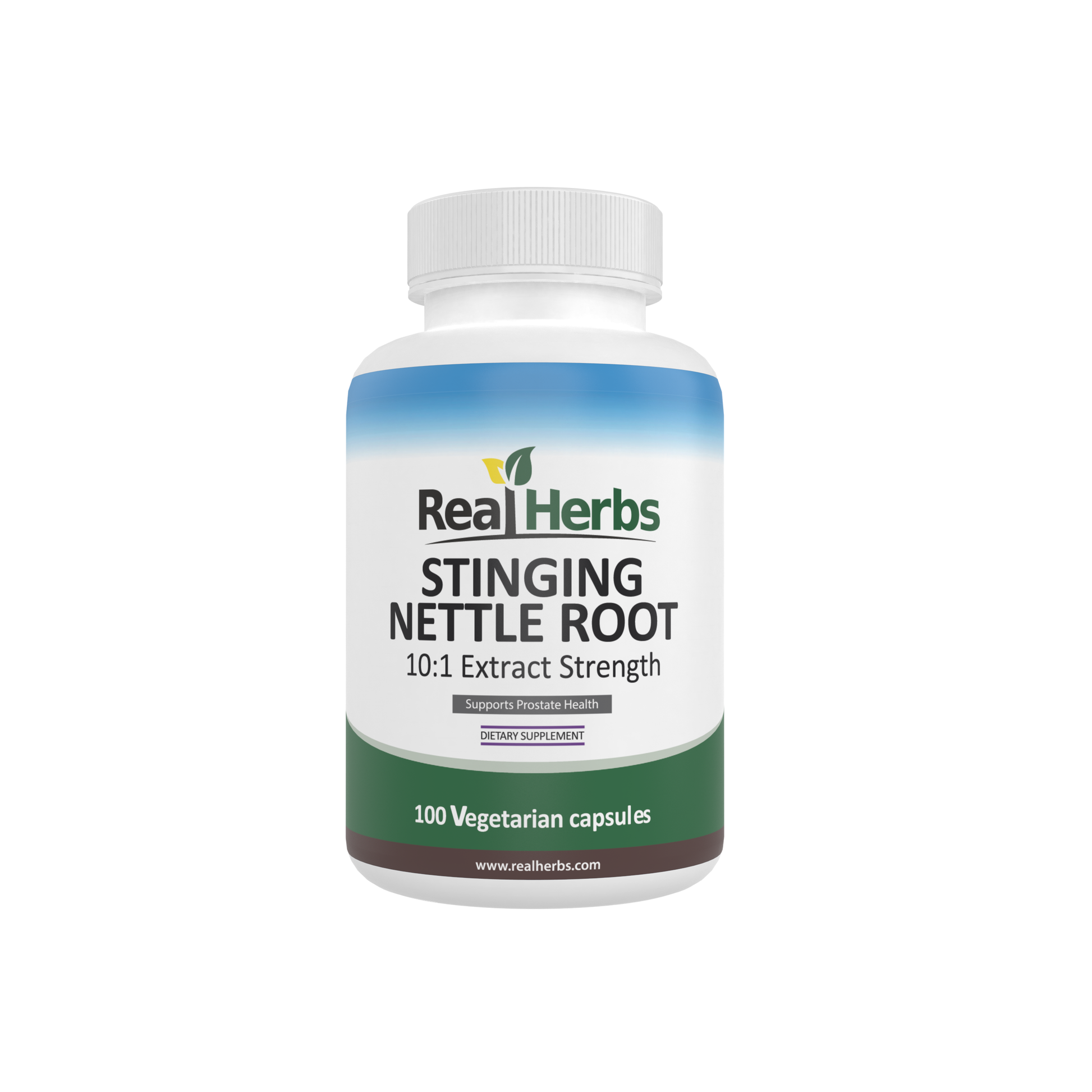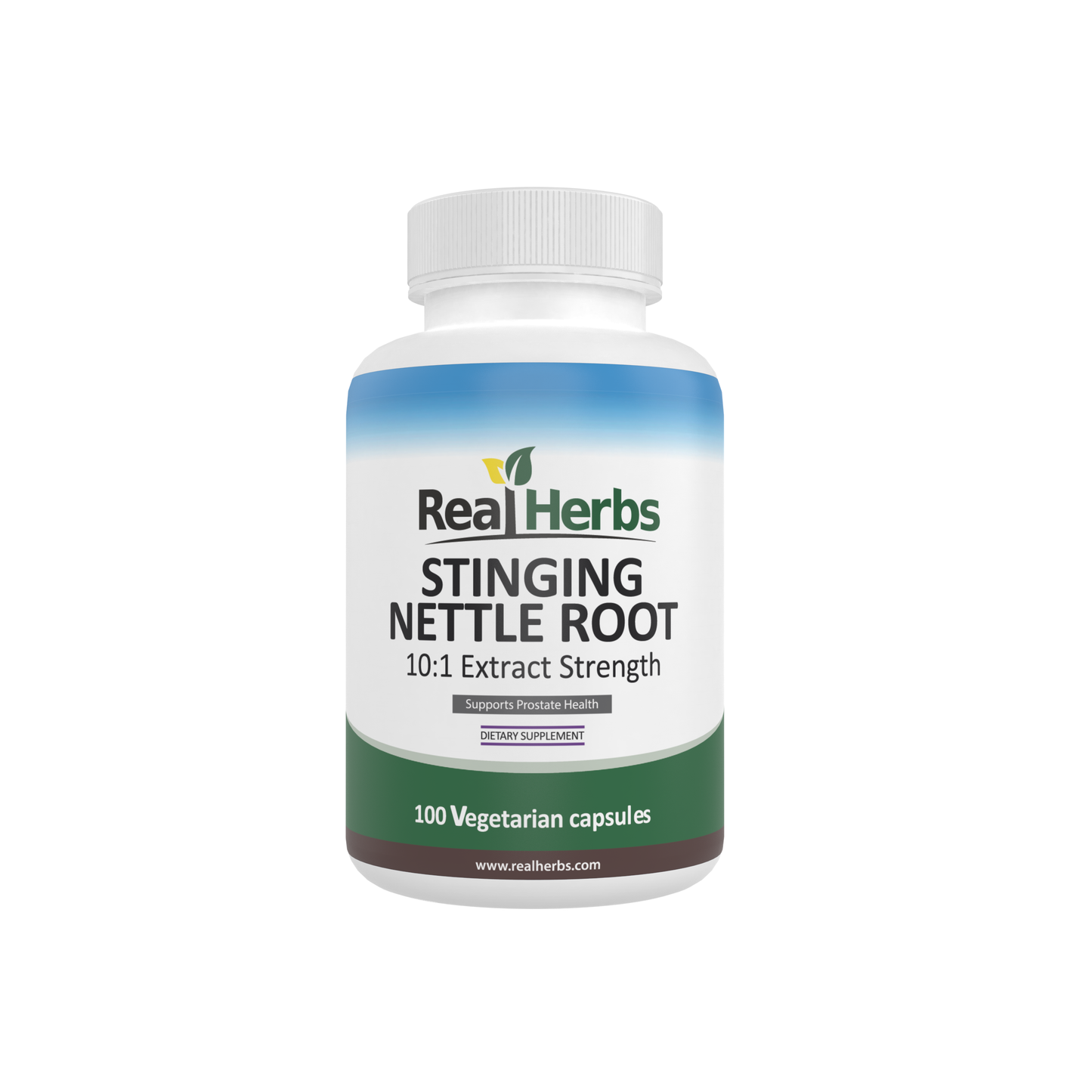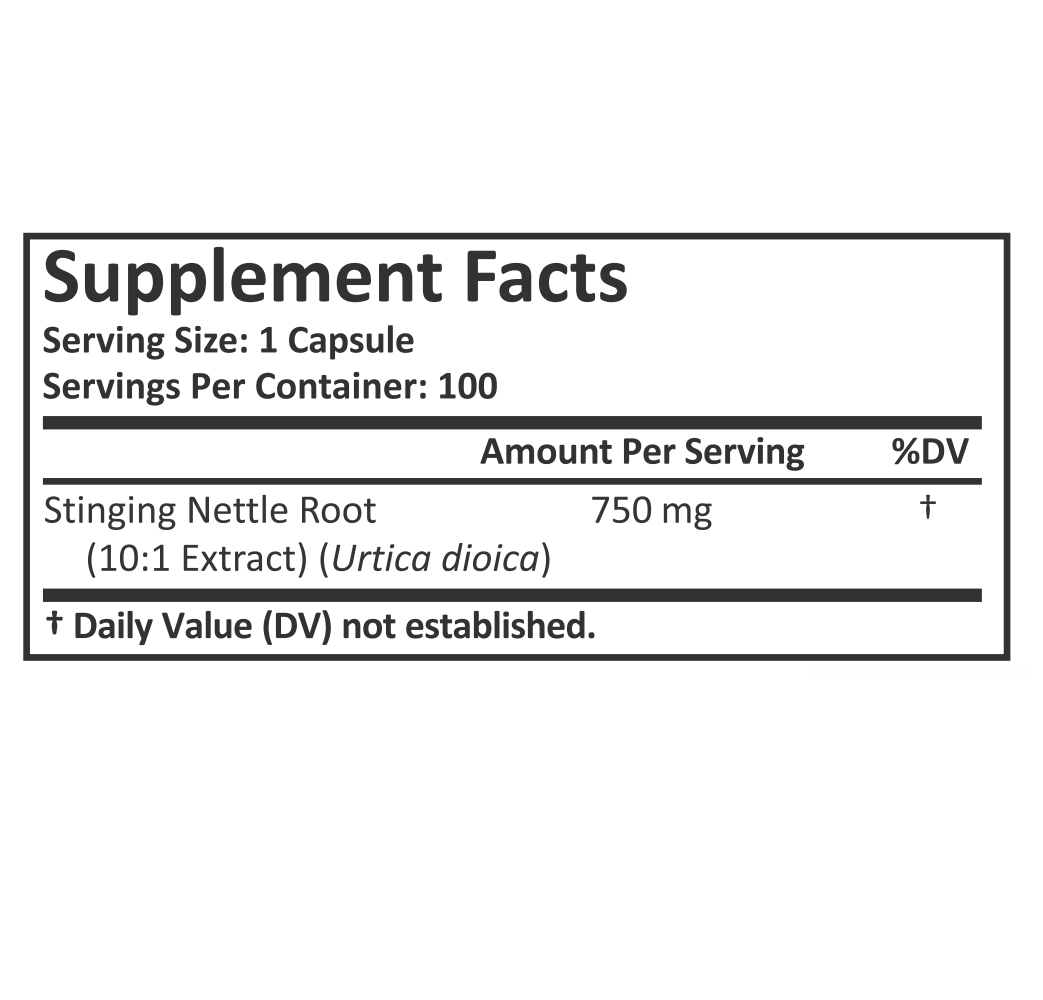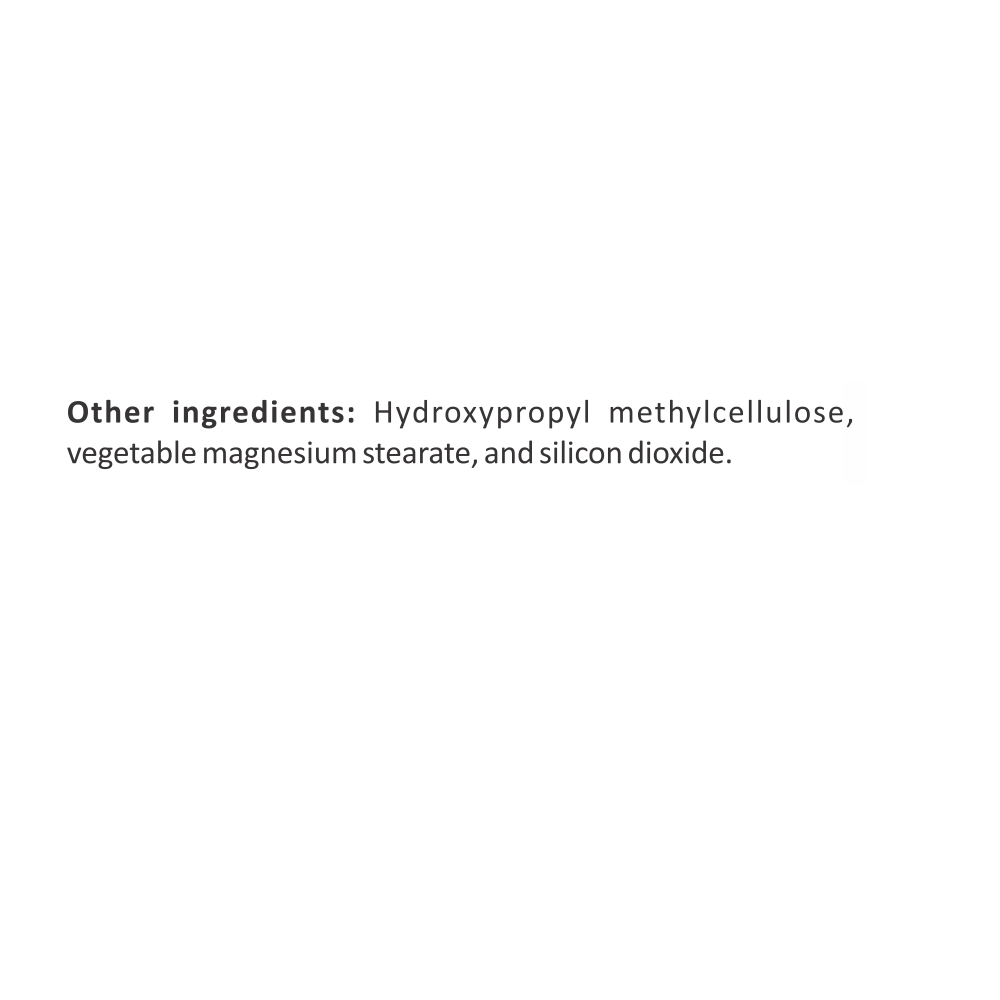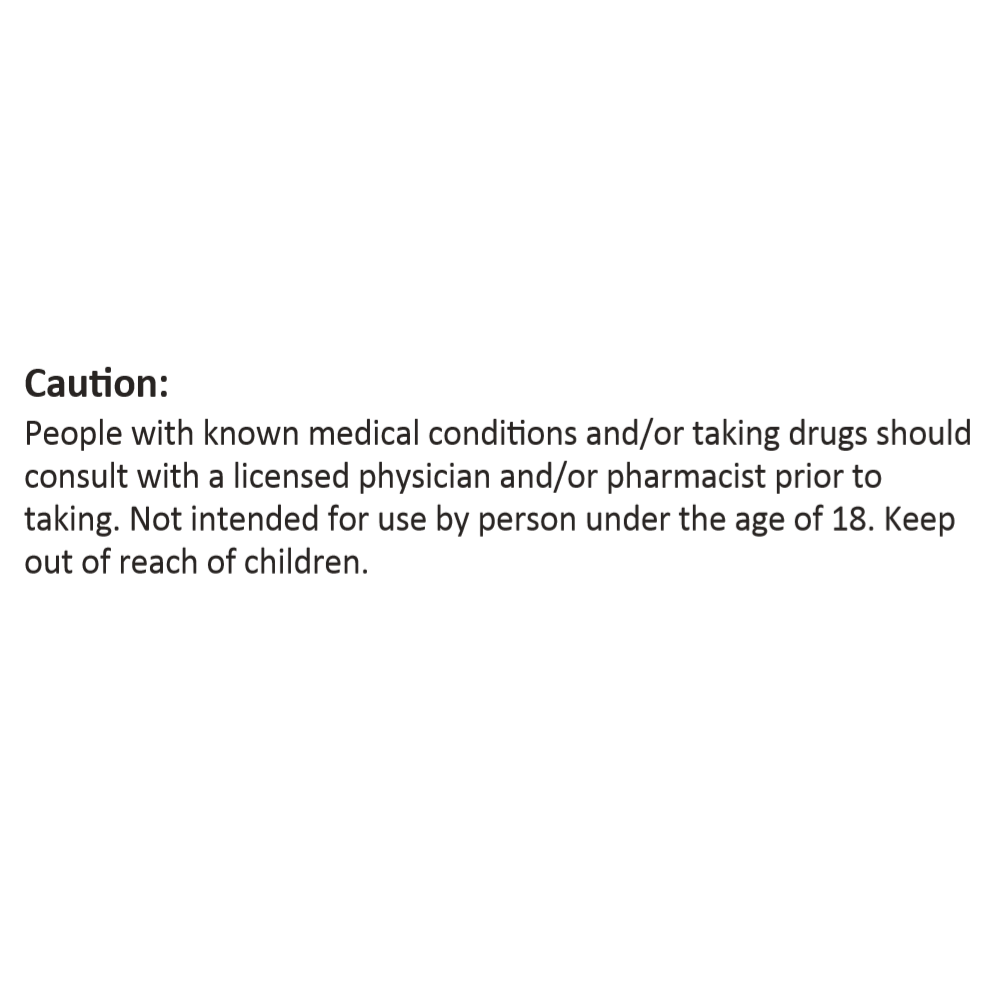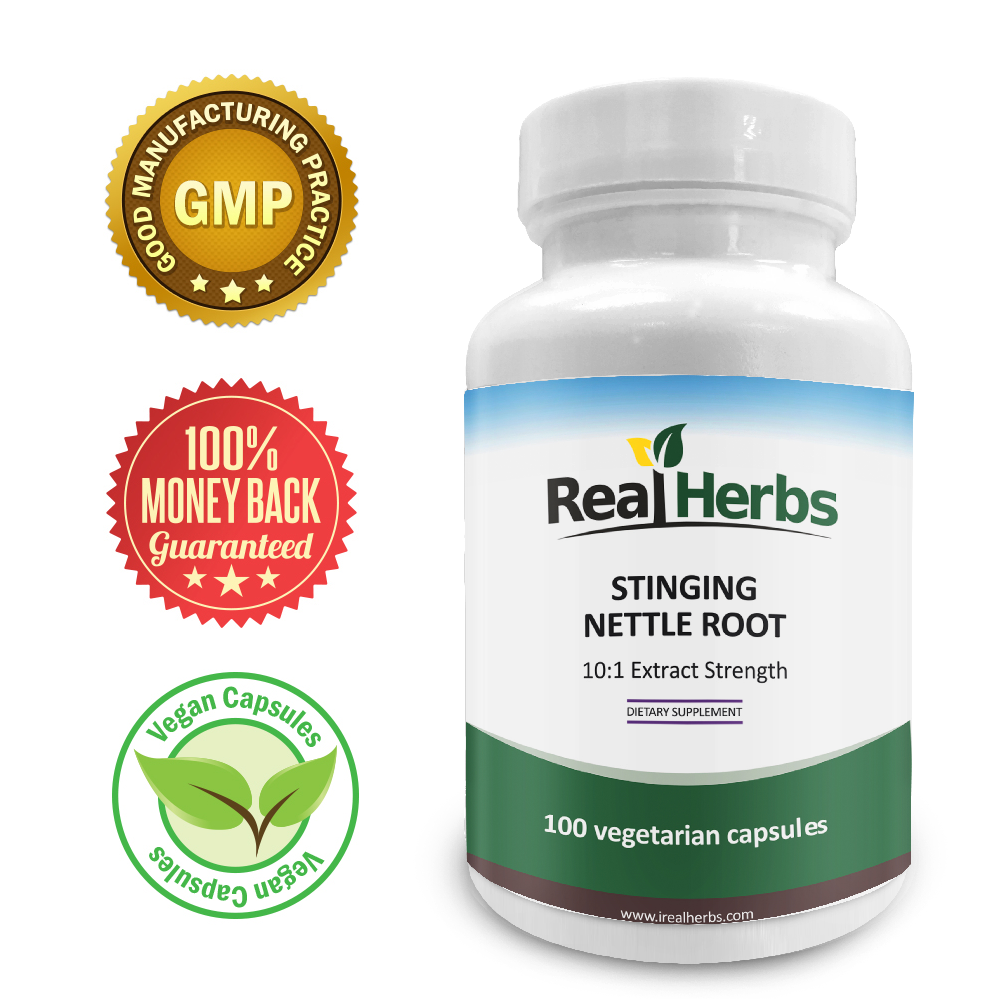Introduction:
Allergies affect a large proportion of the population, causing discomfort and making relief a top priority. Many people use natural remedies to treat their symptoms. One such remedy is stinging nettle root, which has been used in herbal medicine for centuries. In this article, we will look at the potential benefits of stinging nettle root for allergy relief, as well as the scientific evidence supporting its use.
What exactly are allergies?
Allergies are a common immune response that is triggered by the presence of certain substances known as allergens. Pollen, pet dander, dust mites, and certain foods are examples of allergens. Sneezing, itching, nasal congestion, watery eyes, and skin rashes are all symptoms of allergies, which can range from mild to severe.
Understanding Stinging Nettle Root: Urtica dioica (stinging nettle) is a perennial flowering plant native to Europe, Asia, and North America. It's been used for centuries in traditional medicine to treat a variety of ailments, including allergies. Stinging nettle root contains a variety of bioactive compounds, including histamine inhibitors, anti-inflammatory agents, and immunomodulatory properties, which may contribute to its potential efficacy in allergy management.
Several studies have been conducted to investigate the effects of stinging nettle root on allergies. A randomized controlled trial published in the journal Phytotherapy Research discovered that stinging nettle extract reduced symptoms of allergic rhinitis (hay fever) significantly more than a placebo. In another study published in Planta Medica, stinging nettle was found to inhibit the release of histamine, a key mediator of allergic reactions.
While these studies suggest that stinging nettle root may have a potential benefit in relieving allergy symptoms, it is important to note that more research is needed to establish its effectiveness and determine optimal dosage and treatment duration. Furthermore, some studies have produced contradictory results, emphasizing the need for additional research.
How to Use Stinging Nettle Root for Allergies: It is best to consult with a healthcare professional before using stinging nettle root for allergies, especially if you have underlying medical conditions or are taking other medications. Stinging nettle root is available in capsules, teas, and tinctures, among other forms. The correct dosage will vary depending on the individual and the product being used. It is recommended that you follow the manufacturer's instructions or seek advice from a qualified herbalist or healthcare provider.
It is important to note that stinging nettle can cause mild side effects in some people, such as stomach upset and skin irritation. If you have any negative reactions, stop using the product and consult a doctor.
Other Factors to Consider: While stinging nettle root shows promise as a natural allergy treatment, it should not be used in place of conventional medical treatments or medications prescribed by healthcare professionals. Allergies can range in severity, so working with your healthcare provider to develop an individualized management plan is critical.
Conclusion:
Stinging nettle root has traditionally been used to treat allergies, and some scientific studies suggest that it may be effective in alleviating symptoms. More research is needed, however, to fully understand its mechanisms of action, optimal dosage, and long-term safety. If you're thinking about using stinging nettle root to treat allergies, talk to your doctor about the potential benefits as well as any potential interactions or contraindications.

